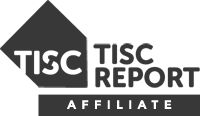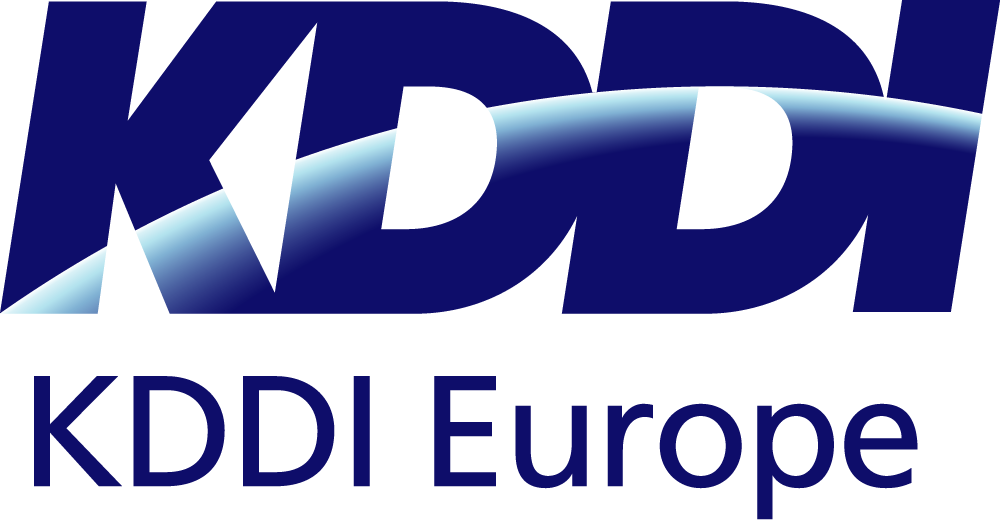Modern Slavery Statement and Policy 2021
Previous Statements
Introduction
This statement sets out KDDI Europe’s approach to identifying and managing all potential modern slavery risks related to its business and to establish protocols intended to prevent modern slavery or human trafficking.
As a leading provider in the ICT solutions industry, KDDI Europe or (“the Company“) recognises that it has a responsibility to take a zero tolerance approach to modern slavery and human trafficking, by ensuring that its organisation and supply chain is free from such activity. To this end, the Company has set out in this Statement and Policy the activities that it will undertake during this financial year.
The Company is highly committed to achieving transparency in its business and as well as that in its supply chains, consistent with its obligations under the Modern Slavery Act 2015. Likewise, the Company insists on the same high standards from all of its contractors, suppliers and other business partners, and in accordance with its contracting processes, the Company includes prohibitions against the use of forced, compulsory or trafficked labour and expects its contractors and suppliers will hold their own contractor and suppliers to the same high standards.
Organisational Structure and Supply Chains
This statement will be updated on an annual basis and covers the activities of KDDI Europe and its operations in the United Kingdom for the year commencing on 1 April 2020 and ending on 31 March 2021.
The Company is a wholly owned subsidiary of KDDI Corporation, one of the largest telecommunications providers in Japan with 50 years of excellence in dependable connectivity. KDDI Corporation has over 100 offices around the globe in 62 cities. Established in 1989, originally to provide managed ICT solutions for European branches and subsidiaries of key Japanese corporations, the Company now provides a wide range of ICT solutions and services, including network, cloud computing and system integration to customers in the EMEA region from its head office in London and branch offices in the Netherlands, Belgium, Turkey and Russia.
- The Company operates a local and regional supply chain with a preference for long term business relationships.
- The Company’s aim is to improve performance by embedding risk management into the core of what we do and ensure it is key to our corporate strategy. This applies to our Modern Slavery Policy which allows the business to support sound decision-making both internally and across our supply chain.
The Company has assessed the following activities and considers them to be potentially high risk for slavery and human trafficking:
- Supplier Due Diligence – The process by which the Company requests evidence from suppliers to support their conformity to the Modern Slavery legislation.
- Negotiation and Contracting – The assessment process to ensure business partner and contractor commitment to meet the set of rules and regulations required to work with KDDI Europe
- Supplier Management – The process of managing interactions with contractors who supply goods and/or services to the Company.
- The Company has successfully updated its due diligence procedure whereby members of Business Management, Finance, Purchasing and Information Security teams are alerted by email to check completed Supplier Evaluation Questionnaires and accompanying documents and approve or raise any necessary concerns they may have before a new supplier is engaged. This has so far proven to be a practical and efficient process which provides the Company with an important check and more detailed information regarding Suppliers and their compliance
- In 2019 the Company demonstrated further its commitment to detecting and eradicating any hidden exploitation and increasing transparency within its supply chains by registering as an affiliate member of TISCreport (Transparency In Supply Chains) tiscreport.org. Thus ensuring that its own annual statement is shared securely with, and accessible, by the public, enabling it to monitor and be monitored by its supply chains.
- Last year, further commitment has been demonstrated by the interest shown in our efforts by our parent company, KDDI Corporation in Japan, who requested at the end of 2019 for us to audit our suppliers to find out how many of our existing suppliers were compliant with section 54 of the Modern Slavery Act 2015. We are pleased to announce that almost all of the companies were 100% compliant with the exception of a few no responses. Moreover, amongst those compliant, were companies whose compliance was not mandatory due to the small scale of their operations.
- In spite of the extraordinary events of the past year, the Company has continued to be as prolific as usual in its activities to eradicate modern slavery. Supplier checks with a strong emphasis on the detection and elimination of modern slavery and human trafficking from supply chains continue to play an important role in our due diligence programme.
Modern Slavery Policy
Responsibility
Responsibilities for the KDDI Europe anti-slavery initiatives are as follows:
- Policies: The Board of Directors has overall responsibility for ensuring that the Modern Slavery Policy (“the Policy“) complies with our legal and ethical obligations, and in collaboration with Finance, Human Resources, Business Management, Information Security and Purchasing departments, are responsible for putting in place and reviewing this Policy statement and the process by which it has been developed. Management at all levels are responsible for ensuring that those reporting to them understand and comply with this Policy and are given appropriate training on it and the issue of modern slavery in supply chains
- Risk Assessment:A modern slavery risk analysis is undertaken at every level of the organisation as a structured, controlled and coordinated process using risk assessment tools. Risk reporting is built on existing departmental level reporting and is integrated wherever practical into routine management reporting. Where risks are deemed significantly important they are escalated in accordance with corporate procedures and reviewed for impact against the corporate strategy: The Company has assessed and categorised its suppliers and contractors in terms of slavery and human trafficking, and considers that the type of goods and services provided to the Company fall into the low to medium risk category in contrast to the hospitality, retail and textile/raw material industry sectors which may be considered a higher risk.
- Investigations/DueDiligence:As part of the KDDI Europe due diligence process the various relevant departments review supplier and contractor human rights and modern slavery controls at the point of engagement, through a series of background checks on the vendor companies and assessing their responses to our supplier evaluation sheet. The evaluation sheet contains amongst other items, a request for confirmation that the supplier has its own Policy and that it is aware of and complies with the Modern Slavery Act 2015. The completed evaluation sheet is reviewed primarily by KDDI Europe’s (the Company’s) Finance department in collaboration with the relevant Human Resources, Business Management, Purchasing and Information Security teams and any discrepancies are raised with the supplier before they can be used to provide goods and services to KDDI Europe (the Company). Thereafter KDDI Europe continues to monitor compliance against suppliers at predetermined intervals once a business relationship has been established. Where suppliers and contractors fail to provide evidence of compliance, potentially they may be removed from the preferred supplier list with immediate effect.Suppliers will be obliged to comply with all applicable laws, including the Modern Slavery Act 2015, in their contracts with the Company.
- Training:KDDI Europe is committed to providing resources including human resources and specialised skills, technological and financial essential to the implementation, monitoring and improvement of employee awareness of human rights and modern slavery legislation. Appropriate training is undertaken across KDDI Europe on a regular basis, during the probation period for new staff and once a year for existing employees.
Relevant Policies
KDDI Europe operates the following policies that describe its approach to the identification of modern slavery risks and steps to be taken to prevent slavery and human trafficking in its operations:
- Whistleblowing Policy-KDDI Europe encourages all its workers, customers and other business partners to report any concerns related to the direct activities, or the supply chains of, the organisation. This includes any circumstances that may give rise to an enhanced risk of slavery or human trafficking. The organisation's whistleblowing procedure is designed to make it easy for workers to make disclosures, without fear of retaliation.
- Business Code of Conduct -The organisation’s code makes it clear to employees the actions and behaviour expected of them when representing the organisation. KDDI Europe strives to maintain the highest standards of business conduct and ethical behaviour when operating in the UK and overseas and when managing its supply chain.
- The Procurement Code of Conduct - KDDI Europe is committed to ensuring that its suppliers adhere to the highest standards of ethics. Suppliers are required to demonstrate that they provide safe working conditions where necessary, treat workers with dignity and respect, and act ethically and within the law in their use of labour. KDDI Europe works with suppliers to ensure that they meet the standards of the code and improve their worker's working conditions. However, serious violations of the organisation's supplier code of conduct will lead to the termination of the business relationship. The following of processes and steps will be taken to implement the code of conduct in relation to slavery and human trafficking, including examples where action has been taken to address specific slavery and human trafficking risks.
- The Recruitment Procedure -KDDI Europe uses only specified, reputable employment agencies to source labour and always verifies the practices of any new agency it is using before accepting workers from that agency.
Due Diligence
KDDI Europe undertakes due diligence when considering taking on new suppliers, and regularly reviews its existing suppliers. The organisation's due diligence and reviews include:
- Evaluating the modern slavery and human trafficking risks of each new supplier.
- Conducting supplier audits or assessments through which KDDI Europe have a greater degree of focus on slavery and human trafficking where general risks are identified.
- Participating in collaborative initiatives focused on human rights in general, and slavery and human trafficking.
Performance Indicators
KDDI Europe has reviewed its key performance indicators (KPIs) in light of the introduction of the Modern Slavery Act 2015. As a result, KDDI Europe:
- Requires all staff to complete in-house training on modern slavery on a periodic basis.
- Has developed a system for supply chain verification by which KDDI Europe evaluates potential suppliers before they enter the supply chain by requesting potential suppliers to complete a supplier evaluation sheet.
Training
KDDI Europe requires all staff within the organisation to complete training on modern slavery as a module within the organisation's wider human rights/ethics/ethical trade training programme.
The organisation's modern slavery training covers:
- Our business's purchasing practices, which influence supply chain conditions and which should therefore be designed to prevent purchases at unrealistically low prices, the use of labour engaged on unrealistically low wages or wages below a country's national minimum wage, or the provision of products by an unrealistic deadline.
- How to assess the risk of slavery and human trafficking in relation to various aspects of the business, including resources and support available.
- What initial steps should be taken if slavery or human trafficking is suspected.
- How to escalate potential slavery or human trafficking issues to the relevant parties within the organisation.
- What messages, business incentives or guidance can be given to suppliers and other business partners and contractors to implement anti-slavery policies.
- What steps KDDI Europe should take if suppliers or contractors do not implement anti-slavery policies in high-risk scenarios, including their removal from the organisation's supply chains.
Awareness-Raising Programme
As well as training staff, KDDI Europe raises awareness of modern slavery issues by regularly communicating relevant information to staff.
The communications explain to staff:
- The basic principles of the Modern Slavery Act 2015.
- How employers can identify and prevent slavery and human trafficking.
- What employees can do to flag up potential slavery or human trafficking issues to the relevant parties within the organisation.
- KDDI Europe’s zero tolerance approach to modern slavery must be communicated to all suppliers, contractors and business partners at the outset of our business relationship and reinforced and monitored appropriately thereafter.
This Statement and Policy has been approved by the KDDI Europe Board of Directors who will review and update it annually.
On 26th of April 2021, the Board, which includes the Managing Director, approved the Statement and Policy for the current year.
April 2021
Seigo Fukuhara
Managing Director
KDDI Europe Ltd.







